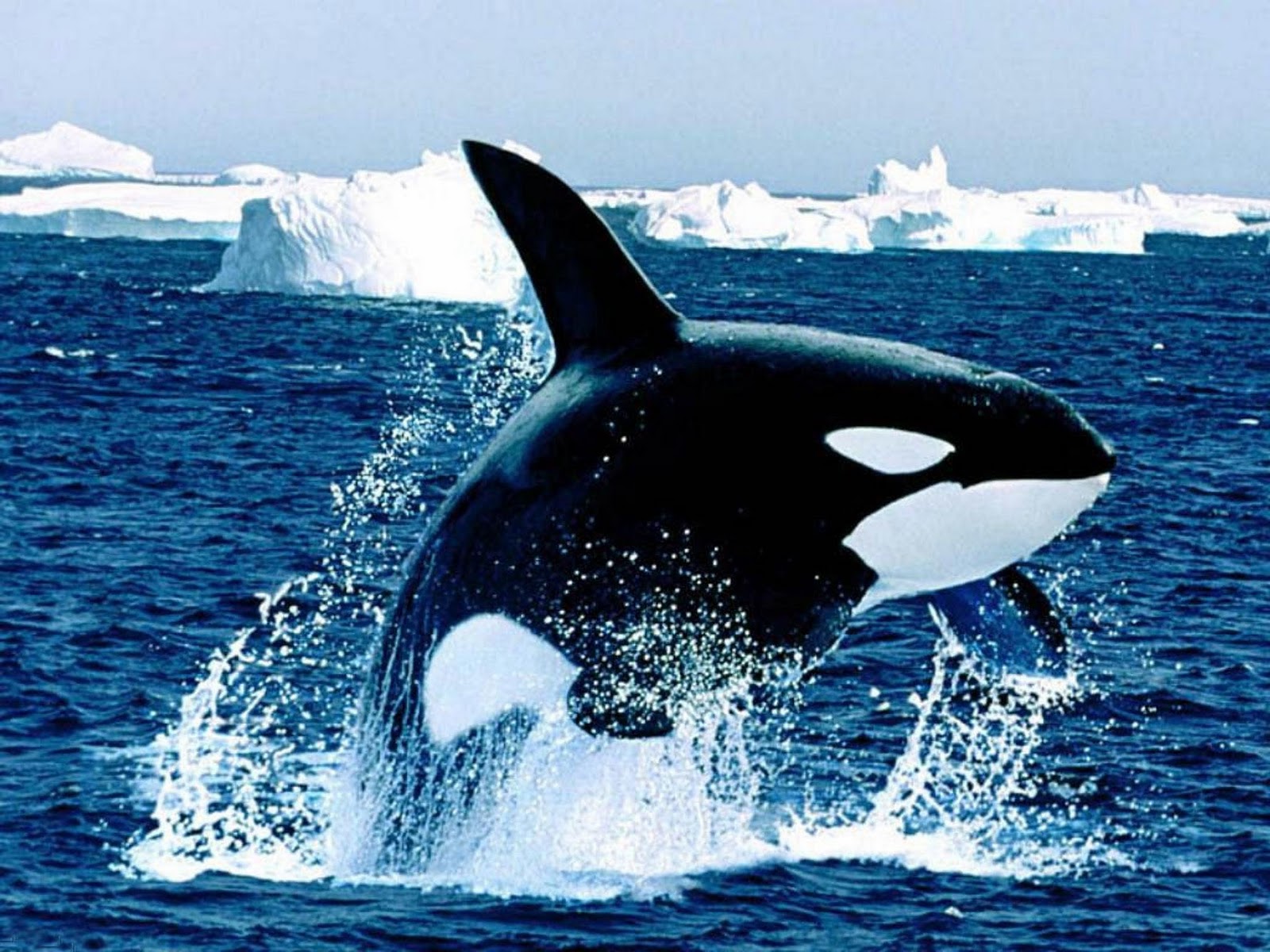Have you ever stopped to think about the word "orca" and what it brings to mind? For many, it's a picture of the stunning black and white marine mammal, a truly powerful creature of the deep blue. This animal, often called a killer whale, is one of the ocean's most recognizable inhabitants, known for its intelligence and social ways. So, it's almost a given that when you hear "orca," your thoughts drift to the vast, open sea and these amazing animals.
Yet, there's another very important "Orca" that helps many people move around their daily lives, especially here in our local region. This Orca is a handy card, a simple way to pay for rides on public transit, making getting around much smoother. It's a system that helps thousands of people every single day, providing access to buses, trains, and more, which is pretty neat.
It's quite interesting, actually, how one word can point to two such different, yet equally significant, things. One lives in the wild, an apex predator of the sea, while the other is a tool for everyday convenience, connecting communities. This article will explore both sides of the "orca" story, giving you a good look at the magnificent animal and the practical transit system that shares its name, you know, so you get the full picture.
Table of Contents
- The Ocean's Top Predator: The Orca
- More Than a Nickname: Why "Killer Whale"?
- Life in the Wild: Orca Social Structures
- The ORCA Card: Your Ticket to Easy Transit
- Getting Your ORCA Card and Adding Funds
- ORCA Lift: Making Transit More Affordable
- Who Can Get ORCA Lift? Eligibility Explained
- Other ORCA Programs and Passes
- Frequently Asked Questions About Orca
- Final Thoughts on Orca
The Ocean's Top Predator: The Orca
The orca, known scientifically as Orcinus orca, is a truly remarkable creature of the ocean. It's a toothed whale, and actually, it holds the title for being the largest member of the oceanic dolphin family, which is kind of surprising to some people. You can easily spot it by its striking look: jet black on top and pure white underneath, a pattern that really stands out against the blue water.
These animals are found in every single ocean around the world, which is pretty amazing when you think about it. From the really warm waters near the equator to the very cold, icy regions, orcas make their homes in diverse marine environments. They're quite adaptable, you know, and this wide range shows just how successful they are as a species.
More Than a Nickname: Why "Killer Whale"?
Orcas are often called "killer whales," and this name can make some people a little nervous. However, despite this strong nickname, they almost never attack humans in the wild, which is a really important point to remember. The name actually comes from their skill as hunters and their position at the very top of the ocean's food chain, so it's more about their hunting prowess.
They are, in fact, the ocean’s top predator, an incredibly skilled hunter that goes after a wide variety of prey species. This includes fish, seals, sea lions, and even other whales, which is pretty intense. Their hunting methods are quite sophisticated, showing a lot of coordination and planning within their groups, so they're very effective at what they do.
Life in the Wild: Orca Social Structures
Orcas are known for being highly intelligent animals, and they are also very social creatures. They live in tight-knit family groups, often called pods, and these groups can stay together for many, many years, sometimes even for their whole lives. This strong social bond is a key part of their existence, you know, and it helps them hunt and survive.
Within these pods, orcas communicate using a range of sounds, and they work together on many tasks, from finding food to raising their young. This cooperative behavior shows just how smart they are and how much they rely on each other. To learn more about these fascinating creatures and their lives in the ocean, you could check out resources from organizations like the National Oceanic and Atmospheric Administration, which offers a lot of good information on marine mammals. Learn more about killer whales.
The ORCA Card: Your Ticket to Easy Transit
Now, let's switch gears a bit and talk about a different kind of "Orca" that helps us get around every single day. This is the ORCA card, a very convenient way to pay for your rides on public transit throughout our region. It's designed to make your daily commute or casual trips much simpler, which is really helpful for so many people.
Using an ORCA card is really easy, actually. You just tap it against a card reader when you get on a bus or train, and it pays your fare automatically. This system works across many different transit services around the Puget Sound area, so you can pretty much tap and pay your way onto public transit all over the sound, making travel quite smooth.
Getting Your ORCA Card and Adding Funds
If you're looking to get your own ORCA card, the easiest way is to purchase one at a ticket machine. These machines are usually found at transit centers and light rail stations, and they are pretty simple to use. They accept both cash and common credit or debit cards, such as Visa or Mastercard, which gives you a few ways to pay for your new card.
Once you have a card, adding money to it is also very straightforward. You can go to myorca.com to add funds online, which is a super convenient option for many people. If you happen to lose your card or it gets stolen, you can also find help for replacing it by going to the FAQs section on myorca.com, which is good to know.
ORCA Lift: Making Transit More Affordable
One of the really great things about the ORCA system is the ORCA Lift program. This program is designed to make public transit much more affordable for people who qualify, reducing the bus fare by up to 50% off the regular adult fare. It's a significant help for many individuals and families, you know, making daily travel costs much more manageable.
With an ORCA Lift card, people can ride Metro buses, Link light rail, Seattle Streetcar, and many other transit systems around our region for a reduced fare of just $1.00. It's a pretty big saving, and it really helps open up access to transportation. It's worth noting, however, that some agencies do not offer an ORCA Lift fare, so on those specific trips, you will pay a different amount, but generally, it's a great deal.
Who Can Get ORCA Lift? Eligibility Explained
Applying for ORCA Lift is quite simple; you just use the "apply" button on the relevant website. To qualify, there are a few different ways you might fit the criteria. For example, if you're a college student who gets the Washington State Opportunity Grant, you automatically qualify for ORCA Lift, which is a nice benefit for students.
Another common way to qualify is based on your household income. There are specific income guidelines that determine if you're eligible, so you'll want to check those details. Also, if you're enrolled in certain assistance programs, such as Temporary Assistance for Needy Families (TANF) / State Family Assistance (SFA), Refugee Cash Assistance (RCA), or Aged, Blind, or Disabled Cash Assistance (ABD), you likely qualify as well, which is good news for those receiving help.
For the application, you'll need to upload all your supporting documents in an electronic format, like .jpg, .png, .pdf, or .docx files, so you can attach them to your online application. Sometimes, approved ORCA Lift agents can help by completing the form on behalf of a client and verifying photo ID in person instead of you uploading a copy, which can make things a little easier.
If you have a disability, there are also specific criteria you might meet. Some conditions can be visually confirmed, and if your disability falls into this category, you can be authorized at an in-person visit. Other ways to show eligibility include certification from the Veterans Health Administration (VHA) of a disability of at least 40% or documentation of Social Security Disability benefits or Supplemental Security Income benefits. It's really about finding the right fit for your situation, you know, to see if you qualify and apply today.
Other ORCA Programs and Passes
Beyond ORCA Lift, there are other great programs available that help people save money on transit. You can find fare programs that fit your needs, whether you're a youth, a senior, or have a disability. There's a chart available that helps you see if you qualify for youth, senior, disabled, or ORCA Lift cards, which is pretty helpful for figuring out your options.
For those who ride public transit a lot, the ORCA Regional Day Pass is a fantastic option. This pass gives you unlimited rides per day on the region's transit services, so you can travel as much as you need to without worrying about individual fares. You can purchase these day passes at ORCA vending machines, which is very convenient. Also, many employers and schools have ORCA pass programs that you can take part in, which often means even more savings or free transit for their employees and students. You can learn more about transit programs on our site.
Frequently Asked Questions About Orca
Are orcas really whales or dolphins?
Orcas are actually the largest members of the oceanic dolphin family, which is a type of toothed whale. So, they are considered both dolphins and whales, but more specifically, they are the biggest dolphins. It's a bit of a fun fact, you know, that they're related to the smaller, more common dolphins.
How do I know if my ORCA card has money on it?
You can check the balance on your ORCA card by visiting myorca.com. This website lets you manage your card, add money, and see your transaction history, which is pretty handy for keeping track of your funds. It's a quick way to make sure you're ready for your next trip, you know, so you don't get stuck.
What documents do I need to apply for ORCA Lift?
When you apply for ORCA Lift, you'll need to provide documents that prove your eligibility, such as income verification or proof of participation in certain assistance programs. All these documents should be in an electronic format, like a .pdf or .jpg file, so you can upload them with your online application. It's really about making sure you meet the criteria, so gathering these documents first is a good idea.
Final Thoughts on Orca
So, we've looked at the two very different, yet equally impactful, meanings of "orca." On one hand, you have the magnificent marine mammal, a true wonder of the natural world, showing incredible intelligence and social bonds. On the other, there's the ORCA transit card, a practical tool that helps people connect with their communities and access opportunities every day, which is really quite important for many.
Both versions of "orca" play a big part in our lives, whether it's through the awe they inspire or the convenience they provide. We hope this exploration has given you a fuller picture of what "orca" can mean, and perhaps encouraged you to learn more about these amazing animals or to take advantage of the transit services available. You can always discover more about community resources that help with daily living.



